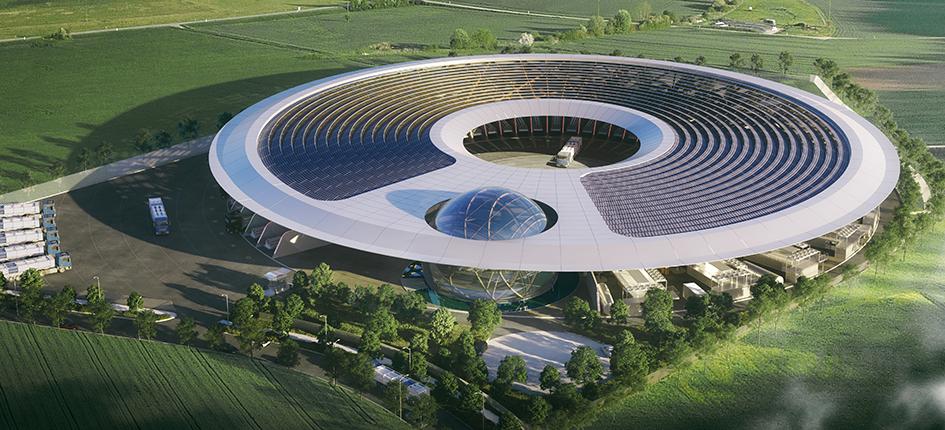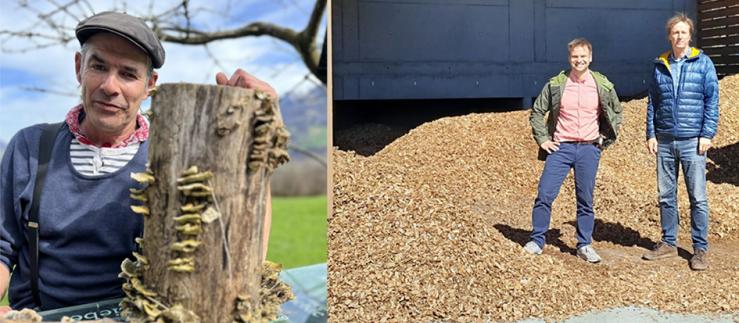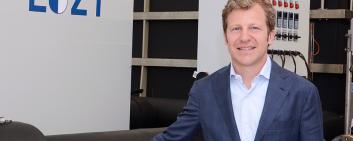Infener is building a factory for green hydrogen in Schleswig-Holstein. According to a press release, the facility located in the German city of Neumünster will produce up to 5,000 tons of hydrogen per year from 2026 onwards. Other factories have typically produced around 1,500 tons on average up to now. The customers for the green hydrogen will include regional industrial firms and mobility companies, such as the new hydrogen filling station for lorries operated by Hypion GmbH in Neumünster. Founded in 2023, Infener AG is headquartered in Stansstad in the canton of Nidwalden with subsidiaries based in Germany.
The holistic approach is unique, transforming the hub into a flagship project for a decentralized hydrogen circular economy, as detailed in a joint press release issued by Infener and the city of Neumünster. “Our goal with the hub is to create a globally unique, sustainable and regional value chain from green hydrogen production”, comments Joel Vogl, CEO and co-founder of Infener. “With this project, we are consolidating our reputation as the hydrogen capital of Schleswig-Holstein”, explains Tobias Bergmann, Senior Mayor of Neumünster, before adding: “This is a great success for the energy transition in our region”.
According to the information, the green electricity will be produced on a decentralized basis, primarily from solar power systems and wind turbines dotted across the region. This will then be converted into green hydrogen in electrolysers at the hub. Solar cells with a peak capacity of 2.3 megawatts are to be installed on the roof of the hub, while it is also planned for waste heat to be made available for future municipal heat supply and industrial processes.
The Hamburg-based architecture and design office Hadi Teherani came up with the design. Construction work on the facility, which will cover an area of 29,000 square meters, is expected to get underway before the end of 2024. The estimated costs provisionally amount to 133 million euros.







